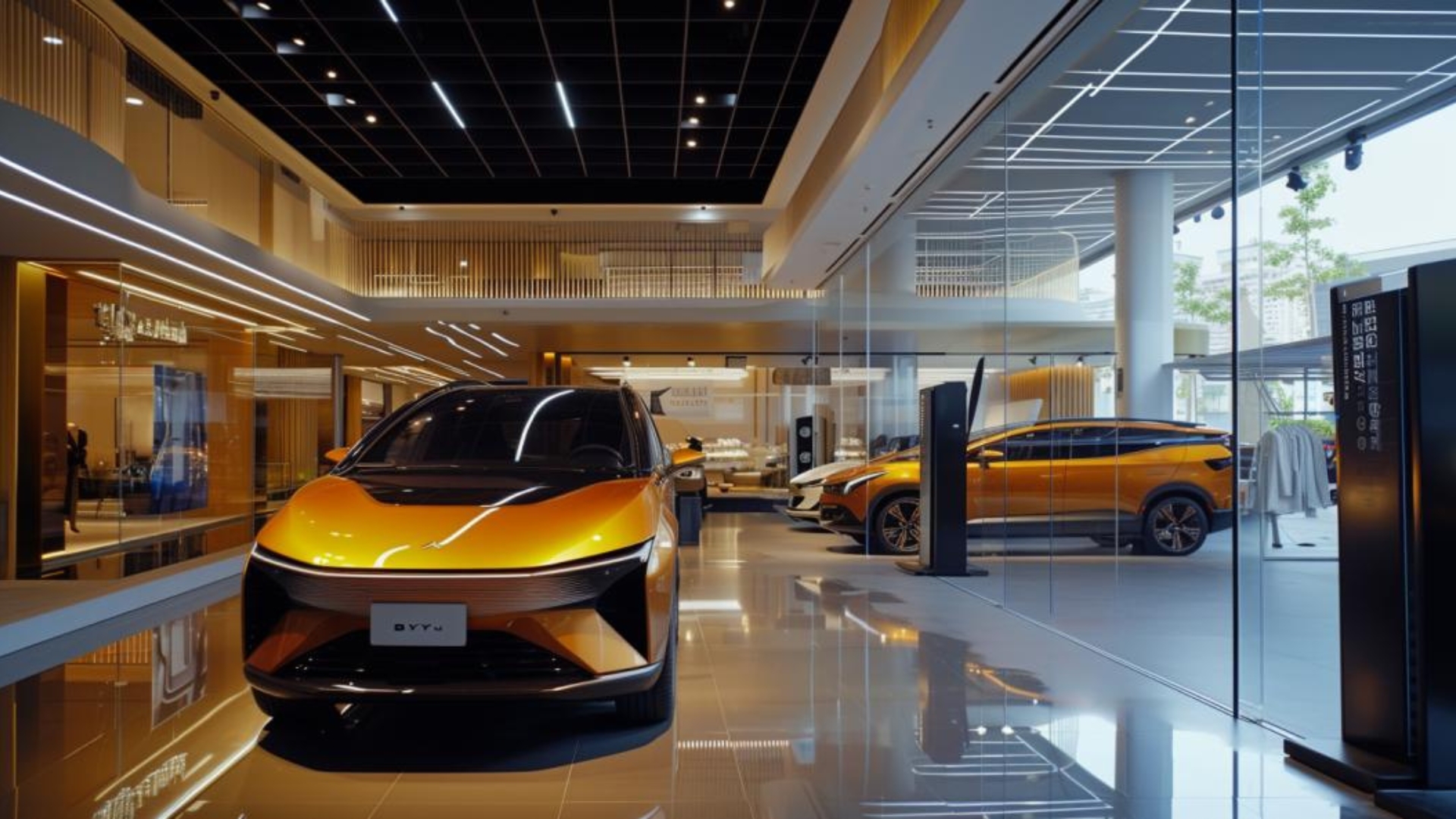Nissan’s innovative Qashqai e-Power hybrid, Seat’s budget-friendly electric city car, unexpected trends in battery mineral prices, solid-state battery developments and BYD’s aggressive strategy for conquering the UK EV market.
Nissan Qashqai e-Power Hybrid Technology
Nissan is trying a new concept in the hybrid vehicle landscape with its latest Qashqai e-Power as reported by CAR Magazine. Unlike traditional hybrids, the Qashqai e-Power has a 1.5-litre three-cylinder engine that generates electricity for its 190PS electric motor. This innovative design means the engine never directly drives the wheels but it cannot be plugged in to be charged.

It offers a smooth, responsive ride that’s like a full EV experience and it’s an ideal choice for those wanting a taste of electric driving without the range anxiety.
Nissan’s Qashqai e-Power’s impressive environmental credentials mean it emits only 119g/km of CO2 and boasts a fuel efficiency of 53.3mpg. Priced at £32,950 and set to hit UK roads in September. It will be interesting to see if this design makes a significant splash in the market.
Seat’s Electric Affordable City EV
Seat is making a bold move in the EV arena with an affordable electric city car as highlighted by Autocar. Their forthcoming EV is a likely counterpart to the Volkswagen ID 1. Seat’s aim is to offer a more cost-effective vehicle, with a price tag expected to be under £20,000.
The new Seat EV is aimed to cater to a broader audience, offering a practical, budget-friendly electric option. It will share technology within the Volkswagen Group, providing accessible and sustainable vehicle solutions.

Seat is also revamping its existing lineup with models like an updated Seat Leon anticipated. With this Seat, aims to ensure they stay competitive and aligned with Seat’s vision of affordability and innovation.
The Downturn in Mineral Prices for EV Batteries
The prices of essential EV battery minerals like lithium, nickel, and cobalt have plummeted, despite soaring demand for electric vehicles according to The Guardian. This unexpected dip is largely due to a mismatch between the supply and the slower-than-expected uptake of EVs.
While EV sales continue to climb steadily, they haven’t hit the heights predicted, which has led to an overstocking of these crucial minerals. This caused a ripple effect on the mining sector hitting the profitability of mining operations and has even led to closures.

The long-term outlook is still positive though, as demand is likely to rise for these minerals as more electric vehicles are built to suit global demand.
BYD’s Bold UK Market Strategy for 2025
Chinese EV giant BYD is commencing an ambitious journey to dominate the UK EV market by 2025 reports AM Online. BYD’s head of sales outlined the company’s focus on increasing brand visibility here.
BYD is partnering with established retailers across the UK to increase interest in local markets and build customer relationships. They hope to have up to 60 retail sites opening by the middle of 2025 which will showcase BYD’s diverse EV lineup.

The company has committed to delivering a vehicle in every segment of the UK market. So whether you are a city dweller or a country explorer, there’ll be a BYD EV that will fit your lifestyle needs.
Solid State EV Battery Technology
The recent Arctic weather across the North has brought to light the challenges faced by electric vehicle (EV) owners, such as more rapid battery drainage and slower charging times, especially in these extreme cold conditions.
Despite these hurdles, a groundbreaking battery development from Harvard University‘s researchers presents a promising solution. Their lithium metal battery is capable of being charged and discharged at least 6,000 times and offers rapid recharging within minutes.
This solid-state battery, featuring a lithium metal anode, uses micron-sized silicon particles in the anode, to ensure homogeneous plating and prevent dendrite growth. The battery is more safe and efficient and marks a significant step towards more practical solid-state batteries for widespread use in electric vehicles and other applications.
